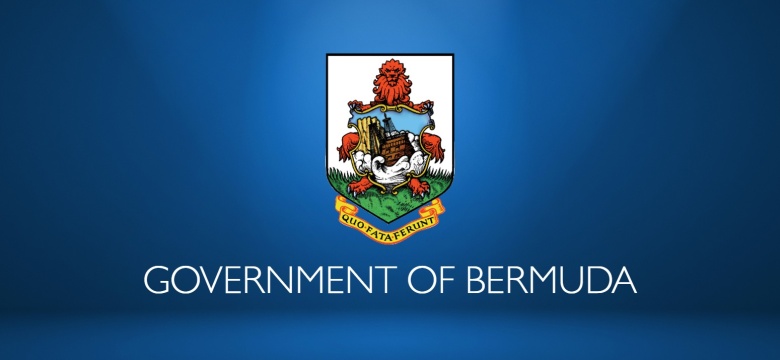
The Government of Bermuda extends its congratulations to the Autonomous Region of the Azores, which passed groundbreaking legislation to protect 30% of their waters and designating the largest marine protected area (MPA) network in the North Atlantic.
This historic decision safeguards 287,000 square kilometers of Azorean waters, half of which is fully protected, where no extraction of natural resources takes place. The other half of the network is highly protected.
Bermuda’s Deputy Premier, Hon. Walter Roban, JP, MP, said, “The hard work of the Azores is inspiring and achieves an important milestone for marine protection. Bermuda’s Blue Prosperity Plan aims to take a holistic management approach of the ocean to both build our Blue Economy and protect our natural assets. Our friends in the Azores have a shared vision for their islands and are on the forefront of ocean conservation. Bermuda aims to advance our own marine protection plans to reach this global target ourselves.”
The new network of marine protected areas will create a sanctuary for the Azores’ rich marine life, including deep-sea corals, whales, dolphins, sharks, manta rays, fish, and unique hydrothermal vent ecosystems. Much like in Bermuda, the people of the Azores depend on their sea socially, culturally and economically.
Hon. Minister Roban continued, ”There is incredible connectivity between the Azores and Bermuda, united by the Sargasso Sea. Our island is enriched with the culture of the Azorean people who live here. Our seabirds, such as the Cahow, nest on the coasts of Bermuda and then travel to the Azores to feed later in life. The whales we see in our waters make great migrations between our islands. Borders and boundaries don’t apply to marine life in the ocean, so it is important for us to take a coordinated approach to protecting it, not just in the North Atlantic, but across the world.”
Today is the first day of the UN Biodiversity Conference (CBD COP16), in Cali, Colombia where new conservation targets will be negotiated. In 2022 at the previous UN Biodiversity Conference,, the Kunming-Montreal Global Biodiversity Framework was adopted, with 196 countries agreeing that 30% of the world's lands and oceans by 2030 (30x30 target) is critical to the future health of the planet. Marine protected areas are widely recognized as the most effective tool in the global effort to reverse biodiversity loss and build ocean resilience against climate change.
“This is an achievement for all Azoreans, who are leading by example at national, European and international levels in the protection and management of a vital part of our planet: the sea. We hope our decision inspires other regions, who must act to ensure the future health of the planet.” José Manuel Bolieiro, President of the Regional Government of the Azores.
In Bermuda, the Blue Prosperity Plan, led by the Bermuda government through the Bermuda Ocean Prosperity Programme, aims to support the sustainable management of ocean resources and provide a strategy for the sustainable growth of the Blue Economy. This includes the development of a Marine Spatial Plan that will designate full protection for 20% of Bermuda’s waters, creating 90,000 km² of new marine protected areas, and working to improve fisheries management. This plan represents the culmination of a four-year planning and public review process.
Bermuda’s updated final draft Blue Prosperity Plan was released to the public in May 2024, having incorporated significant public and stakeholder feedback. A review panel, independent from the development of the Marine Spatial Plan, has just provided feedback to Minister Roban to be considered and incorporated before finalizing the Plan.
José Manuel Bolieiro, President of the Regional Government of the Azores, will be in Bermuda to attend the annual Portuguese Day Celebration in November. “We look forward to welcoming the President of the Azores and strengthening ties between our two regions,” said Hon. Walter H. Roban.
